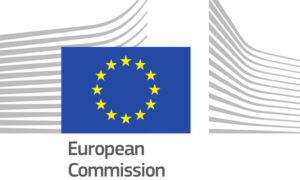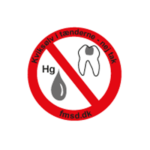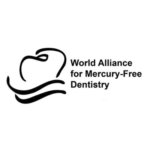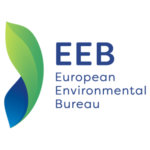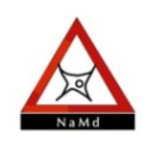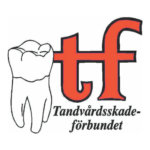The Draft Propsal of the Revision of the EU Mercury Regulation has passed the Commissions Interservice consultations. The adoption is finaly scheduled for July after its translation into the languages of the member states.
The adoption should then be a mere formality. However, the delay of more than half a year could mean that an agreement with the European Parliament and Council could be postponed to the next legislation. To avoid this, the Parliament would have to be very fast in appointing a rapporteur who can get into the subject easily.
The presentation of the proposal was supposed to be completed by the end of 2022. It was mainly delayed due to Rejection of the Impact Assessment by the Regulatory Scrutiny Board in the first reading.
The impact assessment for the revision of the EU Mercury Regulation examined the effects of phasing out the use of dental amalgam, as well as other mercury-containing products (such as lamps) and the introduction of new emission limits for crematoria.
The European Network for Environmental Medicine has actively followed the process and submitted numerous studies and statements calling for an amalgam phase-out by 2025:
- Amalgam pollutes our air, water and soil: Between 226 and 322 tons of dental mercury are used annually worldwide. Dental mercury enters the environment through many unhealthy pathways, polluting (1) the air through cremation, dental clinic emissions, and sludge incineration; (2) the water through releases from dental clinics and human waste; and (3) the soil through landfills, burials, and fertilizers. As a result, the public is exposed to a double dose of mercury from amalgam: first, when it is implanted in their teeth, and second, when it contaminates the environment and the fish they eat.
- Mercury-free alternatives are available, effective and affordable: studies show that mercury-free composite fillings can last as long as amalgam – and even longer. Mercury-free fillings also offer both health and cost-saving advantages over amalgam. First, mercury-free fillings preserve tooth structure significantly more than amalgam, which can increase the longevity of the tooth itself. Second, mercury-free fillings can help prevent future tooth decay. Third, composite can be repaired more easily than amalgam. In addition, mercury-free alternatives eliminate the high environmental costs of amalgam (studies show that amalgam is more expensive than composite after environmental costs are taken into account).
- Developing countries should not be a dumping ground for toxic products: The companies that export amalgam to developing countries do not take responsibility for the fate of the mercury – and solving this toxic problem is expensive and impractical for the countries themselves. Separators are not sufficient to prevent mercury from amalgam from entering the environment. Even if they were effective, many developing countries do not have the infrastructure to collect, transport, and store mercury waste collected in separators. Nor do they have the funds and resources to enforce the requirements for separators.
For these reasons, countries around the world – including EU member states – are already making significant progress in phasing out the use of amalgam. For example, Azerbaijan, Armenia, Croatia, the Czech Republic, Denmark, Estonia, Finland, Georgia, Indonesia, Ireland, Italy, Japan, Kazakhstan, Lithuania, Luxembourg, Moldova, Mongolia, Nepal, the Netherlands, Norway, the Philippines, Poland, Russia, Slovakia, Slovenia, Spain, St. Kitts and Nevis, Sweden, Switzerland, and Suriname have phased out the use of amalgam, announced plans to phase out the use of amalgam, or are using minimal amounts of amalgam.
Further information:
👉 Public EU Consultation: 91% for Phasing out Dental Amalgam
👉 Updated: Manufacturers leaving the business of dental amalgam in Europe
👉 EnvMed Report: European Plans to Reduce and Eliminate Dental Amalgam Use
👉 EU public consultation Have Your Say: EnvMed calls for amalgam phase-out 2025

